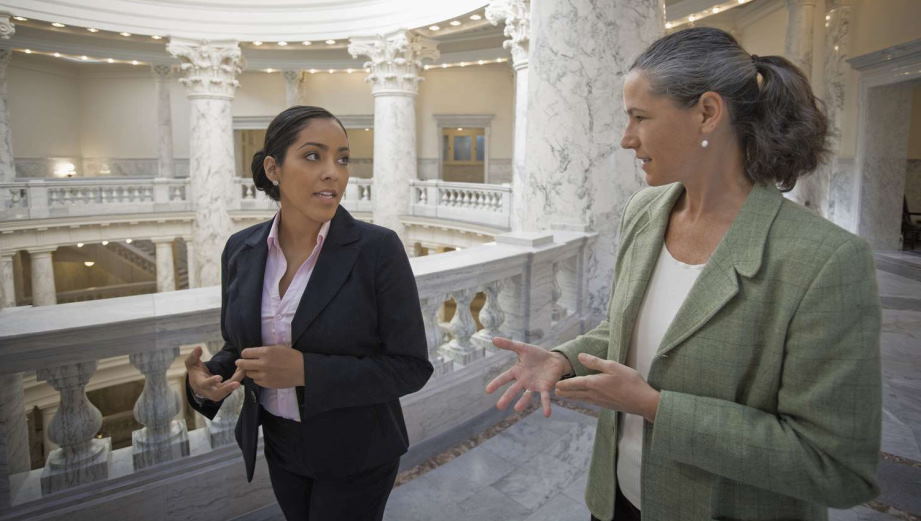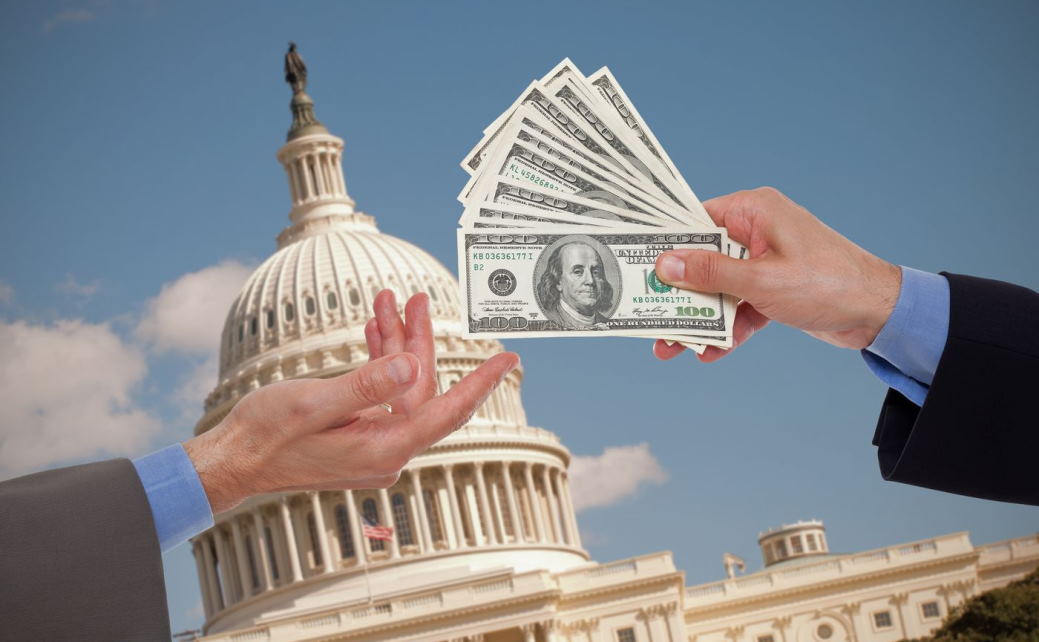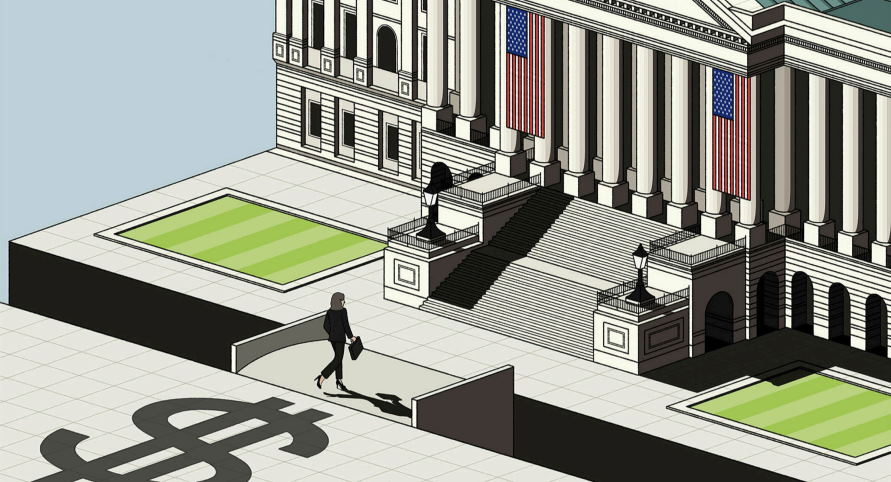Lobbying is an important tool for interest groups seeking to influence the political process. By contacting and communicating with legislators, lobbyists can help ensure that their group’s interests are represented in lawmaking. Additionally, lobbying can help shape public policy debates by providing information and perspectives on issues to lawmakers and the media. While some people view lobbying as a shadowy activity, it is a vital part of our democracy.
The history of lobbying and its importance in the United States
The history of lobbying and its importance in the United States is a long and complex one. Lobbying is attempting to influence legislators, executive branch officials, or judiciary members, directly or indirectly, on behalf of a special interest group or individual clients. In the United States, lobbying is regulated by the Lobbying Disclosure Act of 1995. The term lobbyist was first coined in the early 19th century by President Ulysses S. Grant. He used it in reference to individuals who came to the nation’s capital to lobby Congress for various causes. Over time, lobbying has become an increasingly important part of American politics. Today, thousands of lobbyists are working in Washington, D.C., representing a wide range of interests.

Lobbying is a constitutionally protected right and plays an important role in our democracy. It allows interest groups and individuals to share their views with elected officials and to try to influence the decisions those officials make. Lobbying can be a positive force, providing information that helps legislators make informed decisions. However, it can also be a negative force when special interests use their money and power to undue influence lawmakers.
The line between positive and negative lobbying is often blurry, and it can be difficult to know when lobbying becomes corrupt. Unfortunately, there have been many instances of lobbyists using unethical or illegal tactics to gain an advantage for their clients. The most famous example is the Watergate scandal, in which President Richard Nixon and his aides used illegal methods to influence the outcome of the 1972 presidential election. The scandal led to Nixon’s resignation and ushered in a new era of public trust in government.
Lobbying will always be controversial, but it is here to stay. As our nation continues to grapple with the role of money in politics, it is important to remember that lobbying is a constitutionally protected right that can be used for good or ill. Therefore, regardless of where you stand on the issue, it is important to understand the history and importance of lobbying in the United States.

What is lobbying, and why is it important in the United States?
Lobbying is an important part of the political process because it allows special interest groups to influence the legislative process. Special interest groups are organizations that lobby for specific causes or industries. They often have a lot of money and resources, which they use to influence lawmakers.
Lobbying can take many forms, including campaign contributions, expensive gifts, and even simple conversations with lawmakers. Many lobbyists are former government officials or lawyers with a lot of experience working with the government.
Lobbying is controversial because some believe it gives special interest groups too much power over the government. However, lobbying is also necessary for ensuring that all voices are heard in the political process.






